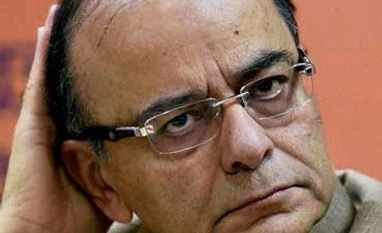Retail prices of pulses are still ruling high around Rs 170 per kg even as the government is making efforts to boost supply through its newly-created buffer stock and imports.
Even tomato prices have doubled to Rs 80 a kg because of crop damage. Potato rates have also been on the rise.
Also Read
According to the Wholesale Price Index data released on Tuesday, vegetable inflation rose sharply to 12.94 per cent, from 2.21 per cent a month earlier.
“The finance minister has called a meeting with ministers and secretaries concerned to discuss prices of essential commodities like pulses and tomato,” sources said.
| KEY TAKEAWAYS |
|
Urban Development Minister Venkaiah Naidu, Transport Minister Nitin Gadkari, Food Minister Ram Vilas Paswan, Agriculture Minister Radha Mohan Singh and Commerce Minister Nirmala Sitharaman are slated to attend the meeting.
The Cabinet secretary, chief economic advisor and secretaries of the departments concerned, would also be present.
Pulse inflation has remained in double digits since January 2015 and stood at 35.56 per cent in May.
According to sources, the meeting will take stock of the progress made in pulse imports, discuss creation of buffer stock and lifting of the stock by state governments for retail distribution at subsidised rates.
Also on the agenda is import and export duty on sugar, wheat and edible oils, sources added.
Many state governments have not yet placed their requirement of pulses (from the buffer stock) with the Centre for retail distribution of lentils at subsidised rate of Rs 120 a kg though the price rise has been a matter of concern.
The government has procured 115,000 tonnes pulses directly from farmers for creating a buffer stock of 150,000 tonnes this year. It is also importing pulses through state-owned trading agencies. So far, 38,500 tonnes of lentils have been contracted for import.
)